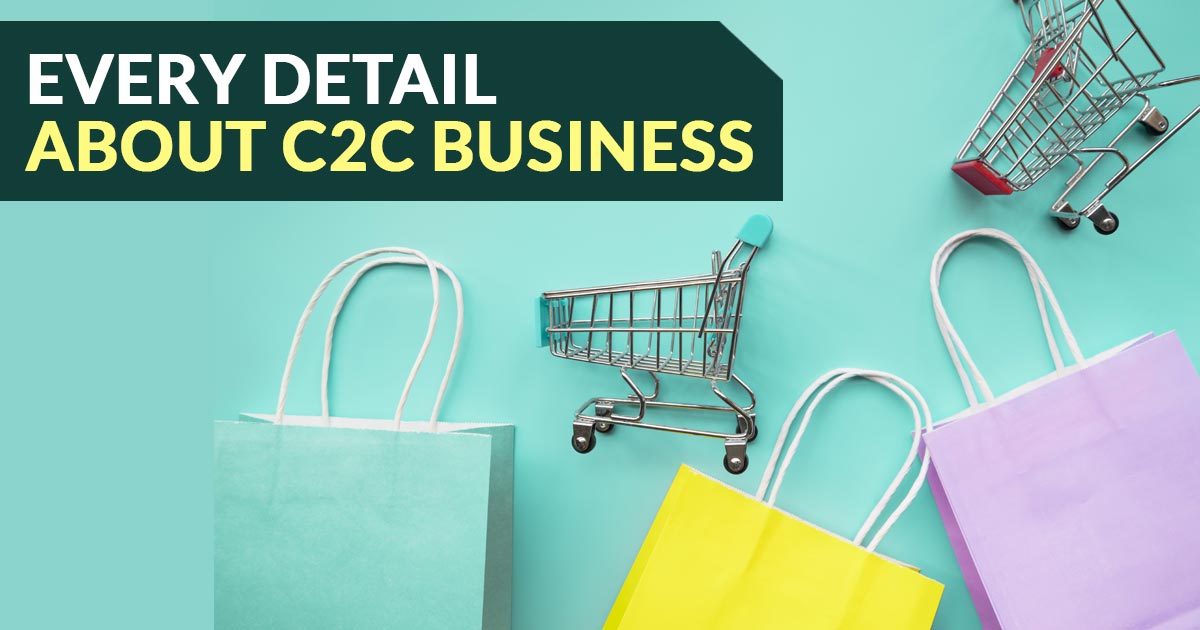
There is a GST on eCommerce but in some business models for the used goods, there is no GST. Prior to starting a C2C business one should have a sense for the entities which are entitled to paying GST.
Inside the GST below are the so-called entities:
- Businesses or sellers which are enrolled beneath the tax authority despite prior to GST. These consist of individuals who normally come below the tax bracket.
- E-commerce speculator or control;
- Suppliers agents whose turnover is more than Rs 40 lakh or Rs 20 lakh annually for northern Indian and hilly areas.
- A person who sells with the inter-State supply of goods;
- Non-resident taxable person;
- The assessee who furnish tax under reverse charge mechanism.
C2C business permits the customers to sell the products to the other clients. There is no limitation to sell the products online which is done by the customers. The business takes place on the digital system in which C2C referred to as the C2C eCommerce commerce model runs. The mentioned listing sites are based on the same idea.
Via website or the source of associating customers the company will be able to sell the products on such a portal which permits monetary transactions. C2C business sites have a dashboard that is simpler for users to use. There is no inventory for the costumes who are selling these platforms are primarily not enrolled.
For trading, the marketers will have a fixed charge for selling the items via the platform and the clients prefer to buy as the rates get decreased.
C2C & GST on Used Good Market
For the businesses, GST deals with the supplies and thus GST will not be applied to the sales unless selling is not a business to somebody. In recent times the union is stating that the sale of the used jewelry via clients to a jeweler is not entitled to a business. The same is the case for the used furniture. All these trades do have to be imposed with GST.
Non-similar to the huge e-commerce organizations in which the seller is a small or mid-sized entrepreneur on C2C websites, the goods sold are used mostly through the individual sellers. The goods such as furniture and electronic objects from toys to household products. It reveals that if consumers individuals who are involved in trading sold their old products on the online portals, in the future the full amount without the deduction of 1% of TCS will be paid to them.
The privilege on this tax will be given to the C2C customers as it is not their business to purchase or sell as a one-time transaction to their own used goods for the remaining valuable deliberation though.